Papal Conclave: Debate Over Convicted Cardinal's Eligibility To Vote
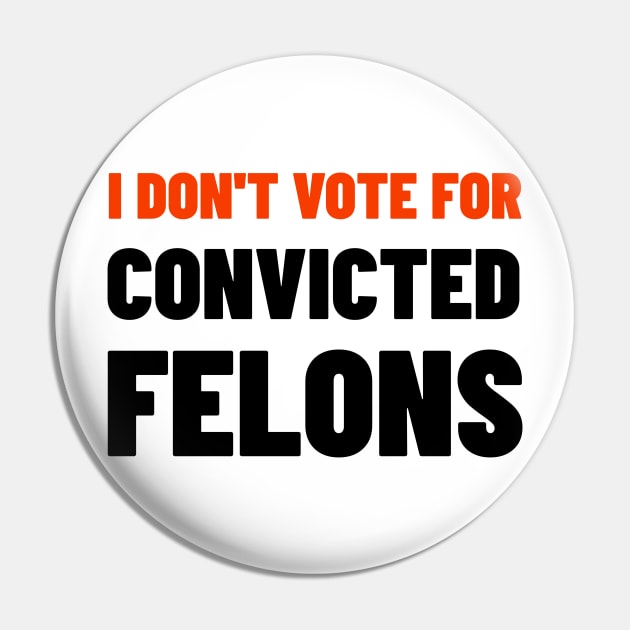
Table of Contents
The Cardinal's Conviction and the Nature of the Charges
Cardinal [Cardinal's Name], a prominent figure within the Catholic Church, was convicted in [Year] on charges of [Specific Charges, e.g., financial mismanagement, embezzlement, covering up sexual abuse]. The trial, held within the Vatican City State, resulted in a sentence of [Sentence details, e.g., imprisonment, fines, removal from office]. The specifics of the charges and the legal proceedings have been widely reported, sparking significant public reaction.
- Specific charges against the cardinal: [Detailed list of charges with concise explanations].
- Date of conviction and sentence details: [Precise date and a clear summary of the sentence imposed].
- Relevant legal precedents within the Vatican City State: [Mention any similar cases and their outcomes, highlighting how this case differs or parallels them].
- Public reaction to the conviction: [Summarize public opinion, highlighting the range of views from outrage to support, and noting any significant statements from Church officials or other prominent figures].
The conviction raises crucial questions about the application of Vatican City State law and canonical law, creating a complex legal and moral dilemma concerning his eligibility to participate in the Papal Conclave. The interpretation of relevant articles within the Code of Canon Law will be critical in determining his future role in the selection of the next Pope.
Canon Law and the Eligibility Criteria for Papal Conclave Voters
The eligibility of cardinals to participate in a Papal Conclave is governed by Canon Law, specifically focusing on moral character and fitness for office. The relevant canons address issues of integrity and suitability for such a pivotal role within the Catholic Church. Interpretations of these canons often vary among theological factions, leading to differing perspectives on the convicted cardinal's case.
- Specific canon law references related to moral character and fitness for office: [Cite specific canon numbers and relevant sections of the Code of Canon Law].
- Historical precedents of cardinals being excluded from conclaves: [Provide examples of historical cases where cardinals were barred and the rationale behind those decisions].
- Interpretation of Canon Law by different theological factions: [Explain the varying perspectives on the application of Canon Law to this specific situation].
- The role of the Congregation for the Doctrine of the Faith in such matters: [Explain the Congregation's authority and likely involvement in this decision].
Understanding the intricacies of Canon Law and its historical application is crucial to understanding the arguments surrounding the convicted cardinal's potential participation in the Papal Conclave. The process involves careful scrutiny of the cardinal’s actions, their implications, and the overall impact on the Church's moral authority.
Arguments For and Against the Convicted Cardinal's Participation
The debate surrounding the cardinal's eligibility is deeply divided. Arguments for his participation often emphasize principles of due process and the importance of rehabilitation. Conversely, opponents express grave concerns about the Church's moral standing and the potential damage to its reputation.
Bullet points (Pro-participation):
- Arguments emphasizing the importance of due process and rehabilitation: [Explain the arguments that a conviction shouldn't automatically disqualify someone from participating, emphasizing the importance of reform and reconciliation].
- Claims that barring the cardinal would set a dangerous precedent: [Highlight the argument that setting a precedent of excluding convicted cardinals could have undesirable consequences in the future].
- Potential for undermining the collegiality of the Conclave: [Explain the argument that exclusion could damage the spirit of unity and cooperation among cardinals].
Bullet points (Against participation):
- Arguments emphasizing the moral authority and integrity required of the Pope and his electors: [Explain the importance of impeccable moral character for those involved in selecting the Pope].
- Concerns that the cardinal's presence would damage the Church's reputation: [Highlight concerns about the potential for negative publicity and erosion of public trust].
- Focus on the potential scandal and damage to the faith: [Explain the potential negative impact on the faith of Catholics worldwide if a convicted cardinal participates in the Papal Conclave].
This clash of viewpoints highlights the complexities involved in balancing justice, mercy, and the preservation of the Church's integrity. The Papal Conclave debate is not just a legal one; it’s a deeply moral and spiritual one.
The Role of the Pope Emeritus in the Decision-Making Process
While not directly involved in the decision-making process, the Pope Emeritus, [Pope Emeritus's Name], could exert considerable influence through informal channels. His theological views and personal relationships with other cardinals might sway opinions, though the extent of his influence remains uncertain.
- Historical precedents of Pope Emeritus involvement in similar situations: [Explore any historical examples of Pope Emeriti influencing similar decisions].
- Potential for influence based on personal relationships or theological perspectives: [Discuss potential avenues of influence the Pope Emeritus may hold].
The potential involvement of the Pope Emeritus adds another layer of complexity to the already challenging situation facing the Catholic Church.
Conclusion
The debate surrounding the Papal Conclave and the eligibility of this convicted cardinal highlights the profound complexities facing the Catholic Church. The arguments for and against his participation center on balancing legal processes, moral considerations, and the overall impact on the Church’s standing. This unprecedented situation will undoubtedly shape the future dynamics of the Church and its approach to internal justice and accountability. Stay informed about the unfolding events and the final decision regarding the Papal Conclave and the implications of this unprecedented situation. The outcome will significantly impact the future of the Catholic Church and its leadership. The Papal Conclave process itself is under intense scrutiny, raising critical questions about its ability to adapt to modern challenges.

Featured Posts
-
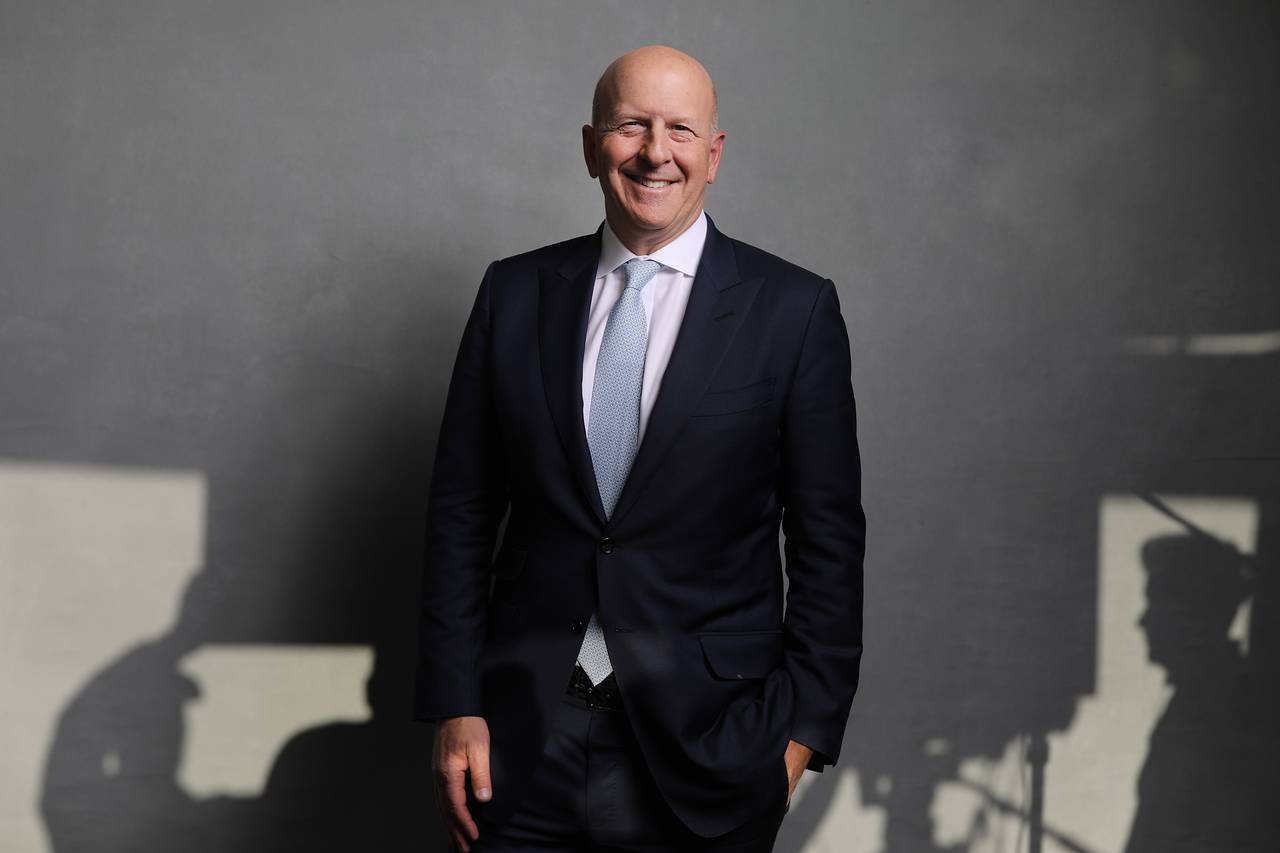 Exclusive Insights Goldman Sachs Strategies For Managing Trump Era Tariffs
Apr 29, 2025
Exclusive Insights Goldman Sachs Strategies For Managing Trump Era Tariffs
Apr 29, 2025 -
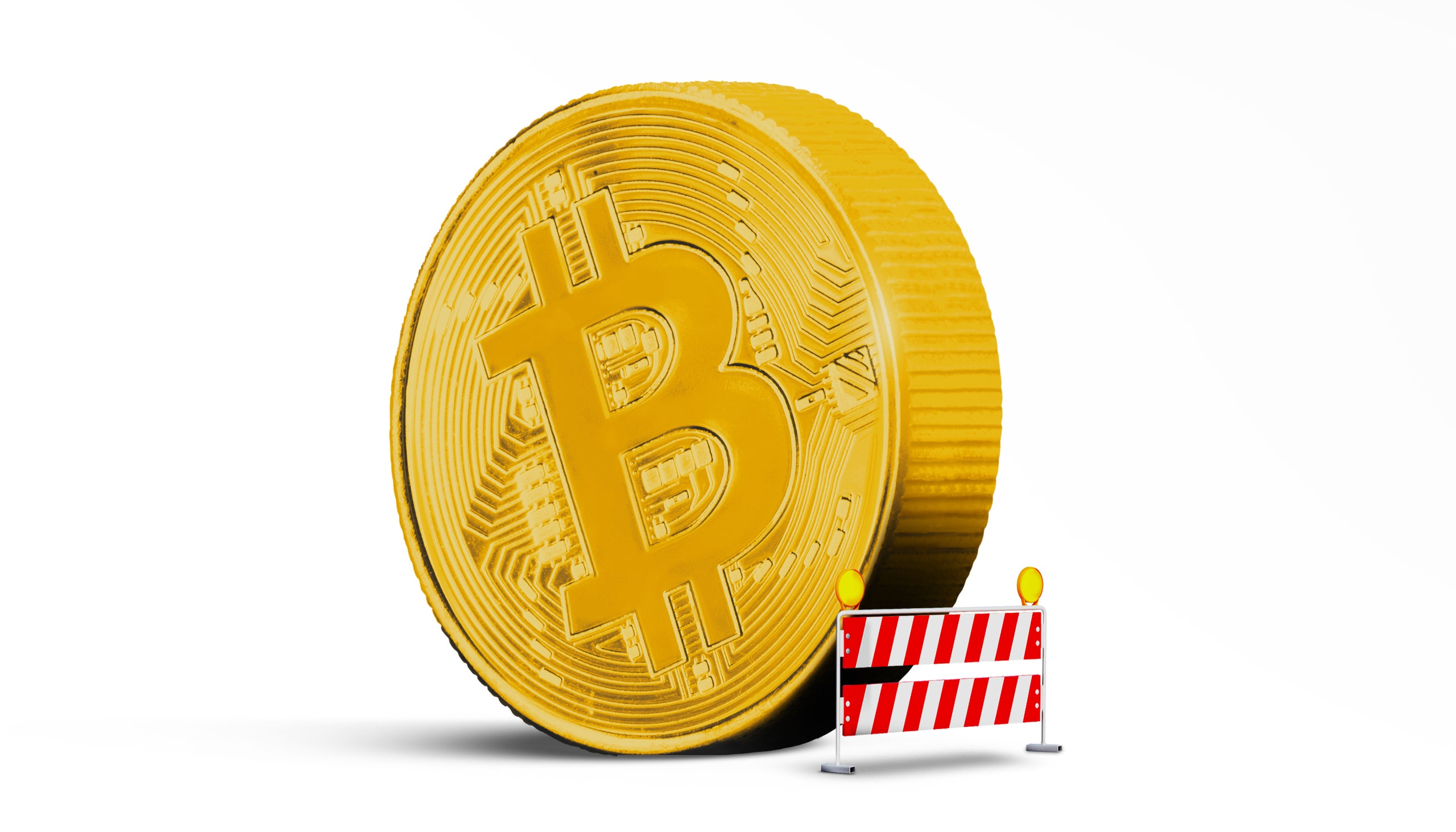 Predicting Trumps Next 100 Days Trade Policy Regulatory Changes And Executive Orders
Apr 29, 2025
Predicting Trumps Next 100 Days Trade Policy Regulatory Changes And Executive Orders
Apr 29, 2025 -
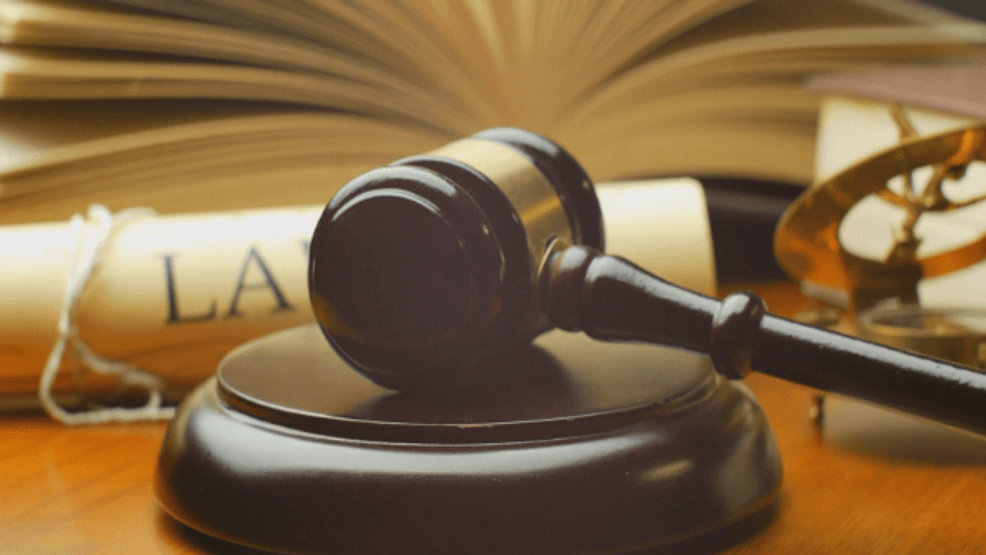 Minnesota Faces Pressure Attorney Generals Transgender Athlete Ban Directive
Apr 29, 2025
Minnesota Faces Pressure Attorney Generals Transgender Athlete Ban Directive
Apr 29, 2025 -
 Alan Cumming Shares Beloved Childhood Memory From Scotland
Apr 29, 2025
Alan Cumming Shares Beloved Childhood Memory From Scotland
Apr 29, 2025 -
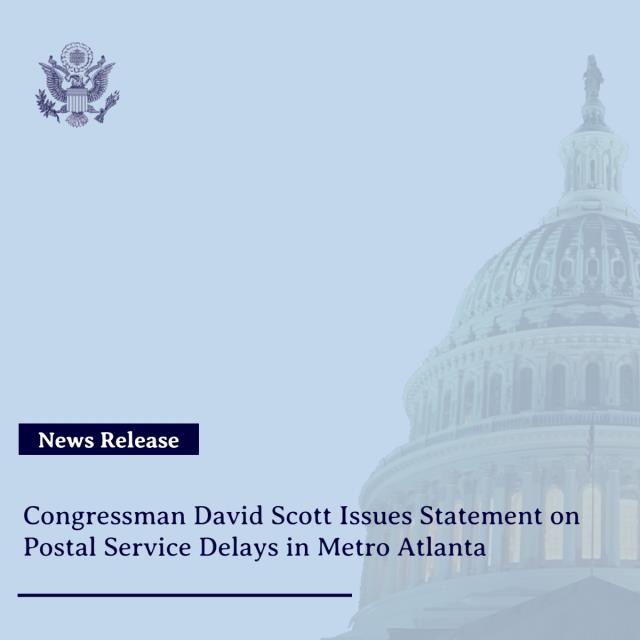 Allegations Of Usps Lack Of Transparency Louisville Congressman Speaks Out On Mail Delays
Apr 29, 2025
Allegations Of Usps Lack Of Transparency Louisville Congressman Speaks Out On Mail Delays
Apr 29, 2025
Latest Posts
-
 Kl Ma Tryd Merfth En Srf Rwatb Abryl 2025 13 Mlywn Mwatn
Apr 30, 2025
Kl Ma Tryd Merfth En Srf Rwatb Abryl 2025 13 Mlywn Mwatn
Apr 30, 2025 -
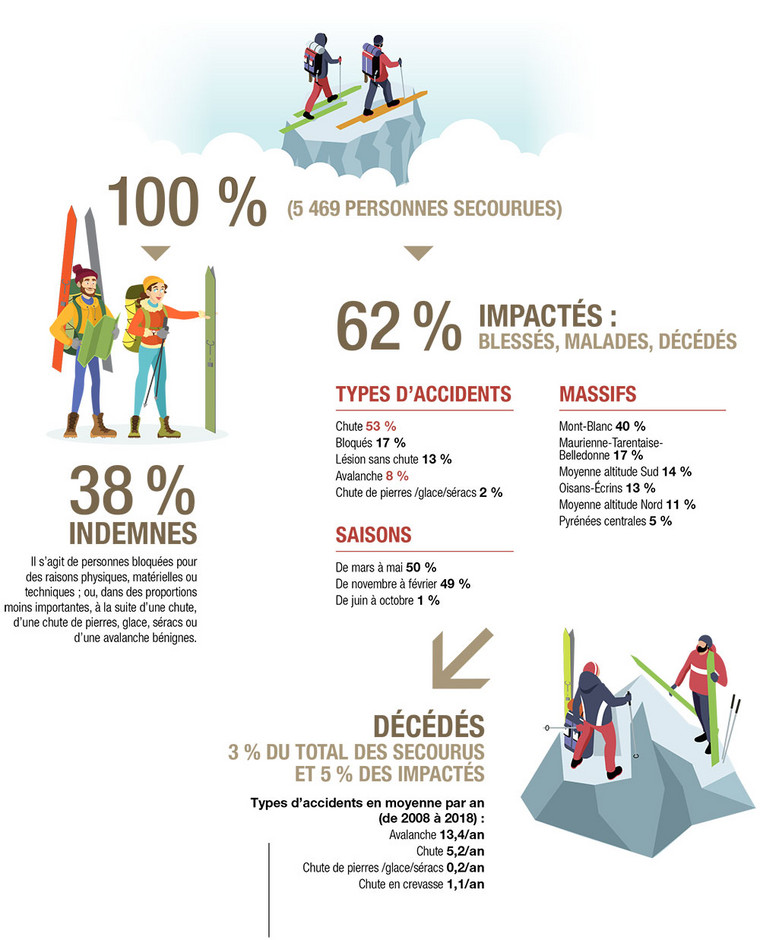 Plus De Glissieres Moins D Accidents Analyse De L Impact Sur La Securite Routiere
Apr 30, 2025
Plus De Glissieres Moins D Accidents Analyse De L Impact Sur La Securite Routiere
Apr 30, 2025 -
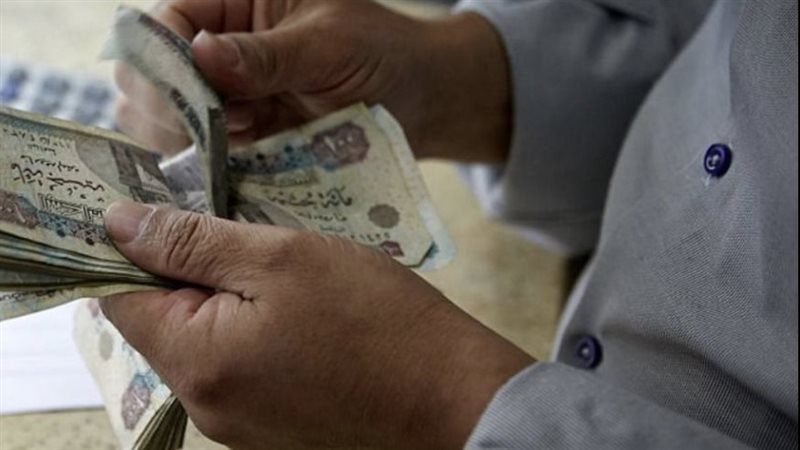 Meashat Abryl 2025 Mwed Alsrf Waltfasyl Alkamlt L 13 Mlywn Mwatn
Apr 30, 2025
Meashat Abryl 2025 Mwed Alsrf Waltfasyl Alkamlt L 13 Mlywn Mwatn
Apr 30, 2025 -
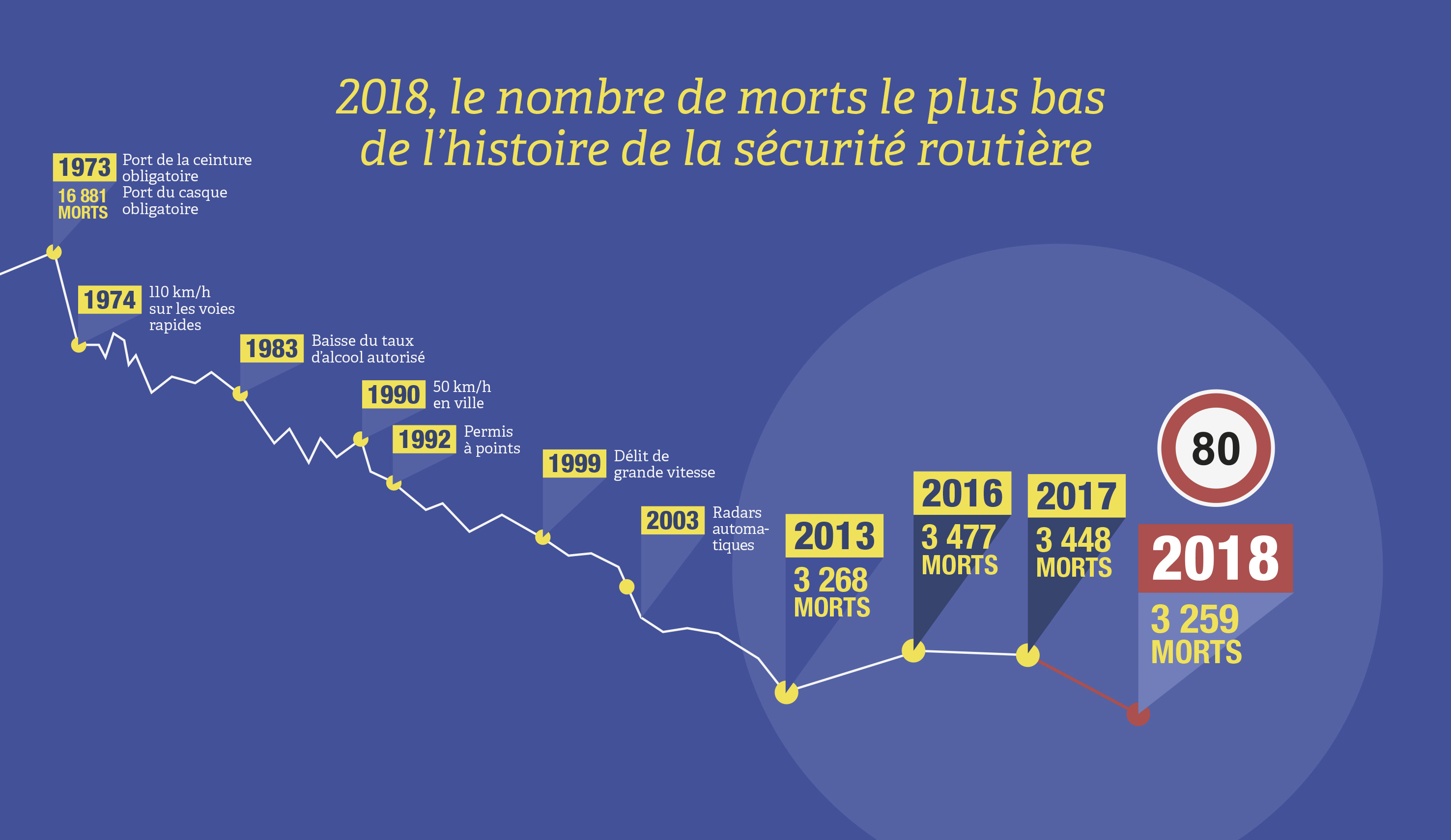 Glissieres De Securite Routiere Impact Sur La Mortalite Et L Amenagement Des Routes
Apr 30, 2025
Glissieres De Securite Routiere Impact Sur La Mortalite Et L Amenagement Des Routes
Apr 30, 2025 -
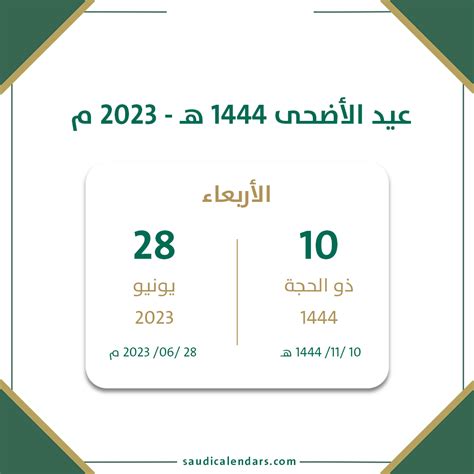 Tarykh Srf Meashat Abryl 2025 Melwmat Hamt L 13 Mlywn Mstfyd
Apr 30, 2025
Tarykh Srf Meashat Abryl 2025 Melwmat Hamt L 13 Mlywn Mstfyd
Apr 30, 2025
